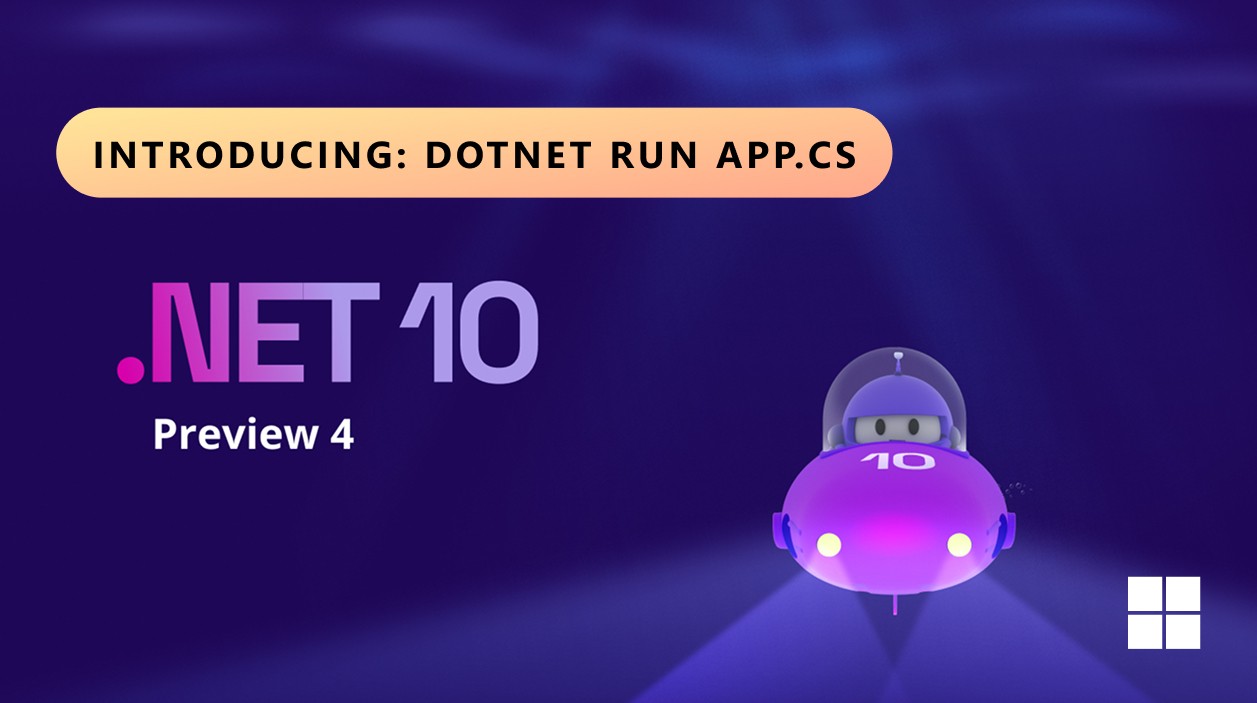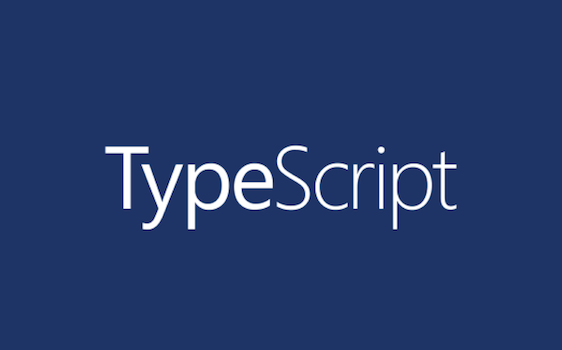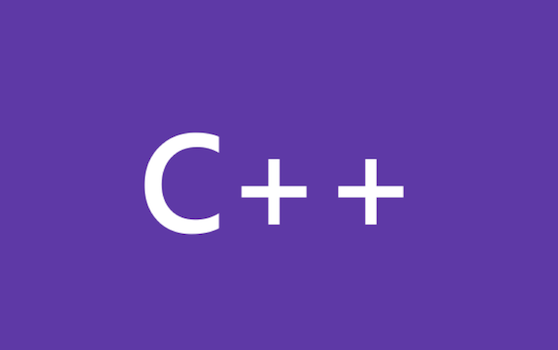The Hidden Copyright War Behind Windows 95's Plug and Play

Implementing Plug and Play in Windows 95 wasn't easy. To make older hardware work with the new feature, engineers employed ingenious workarounds. One amusing example involved manufacturers adding the string "Not Copyright Fabrikam Computer" to their BIOS. This was a clever trick to fool LitWare Word Processor's licensing check, unlocking the full version without actually being a licensed Fabrikam PC. This highlights the challenges of early PC compatibility and the lengths manufacturers went to for software licensing.
Read more



